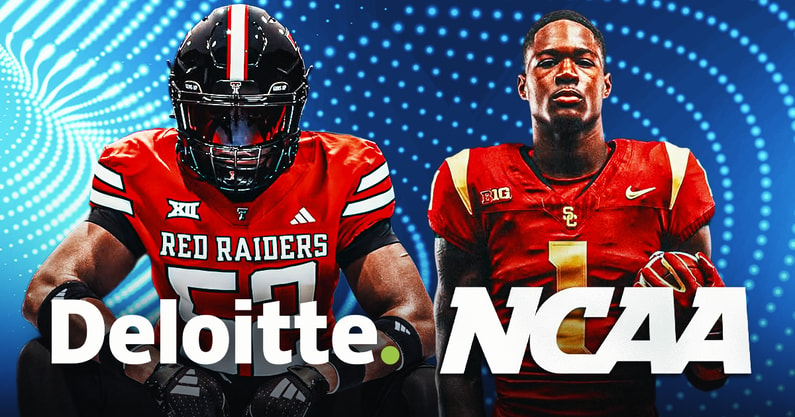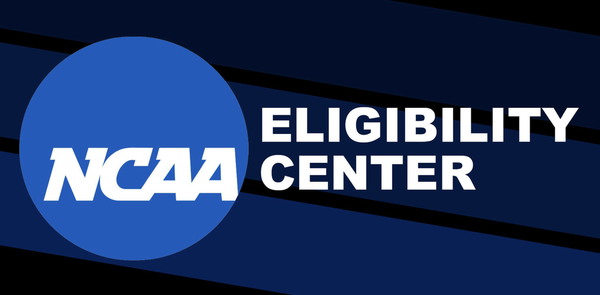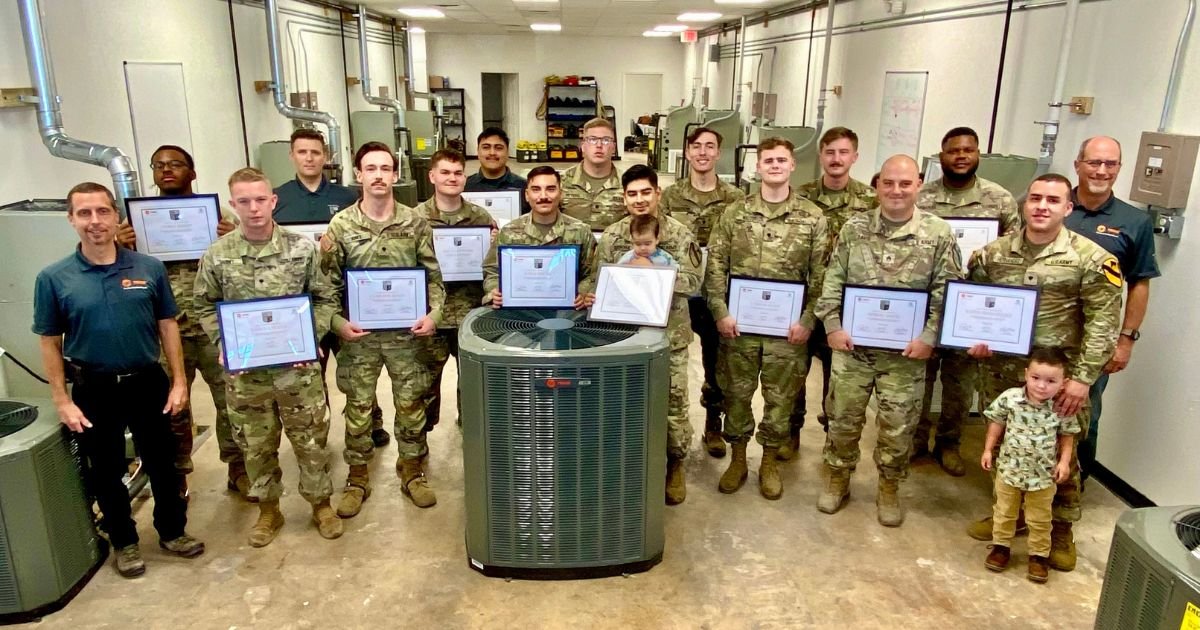1. Understanding the NCAA Clearinghouse
For aspiring student-athletes, the NCAA clearinghouse serves as a critical gateway to collegiate athletics. The NCAA, or National Collegiate Athletic Association, oversees the eligibility of athletes across various sports at the collegiate level. The clearinghouse is designed to ensure that student-athletes meet the necessary academic and amateurism standards required to compete in NCAA sports. Understanding the NCAA clearinghouse is essential for any student-athlete looking to secure their place in college sports. This guide will provide insights into the registration process, eligibility requirements, and how to maximize opportunities such as sports scholarships.

2. The Importance of Athletic Eligibility
Athletic eligibility is a crucial factor for student-athletes aspiring to compete at the collegiate level. The NCAA has established specific criteria that must be met for athletes to be deemed eligible for participation in NCAA sports. These criteria are designed to ensure that student-athletes maintain a balance between academics and athletics. To be eligible, athletes must complete a certain number of core courses, achieve a minimum GPA, and score adequately on standardized tests such as the SAT or ACT. Meeting these requirements is essential not only for competing but also for accessing potential sports scholarships that can ease the financial burden of higher education.
3. How to Register for the NCAA Clearinghouse
Registering for the NCAA clearinghouse is a straightforward process, but it requires careful attention to detail. First, student-athletes must create an account on the NCAA’s official website. During registration, athletes will need to provide personal information, including academic history and details about their sports participation. It is advisable to register as early as possible, ideally during the sophomore year of high school, to ensure that all eligibility requirements can be met in time. After submitting the registration form, athletes will receive a confirmation and can track their eligibility status through their NCAA account.

4. Eligibility Requirements Demystified
Understanding the eligibility requirements outlined by the NCAA is crucial for student-athletes. The NCAA has specific academic criteria that vary based on the division in which an athlete wishes to compete. For Division I and II sports, athletes must complete a minimum of 16 core courses in high school, which include subjects like English, math, and science. Additionally, GPA and standardized test scores play a significant role in determining eligibility. The NCAA provides a sliding scale that correlates GPA and test scores to help athletes understand what they need to achieve for eligibility. Familiarizing oneself with these requirements early on is key to ensuring compliance and securing a place in college athletics.
5. The Role of High School Counselors and Coaches
High school counselors and coaches play a vital role in guiding student-athletes through the NCAA clearinghouse process. These professionals can provide valuable insights into the requirements for NCAA registration and help athletes develop a plan to meet academic expectations. Counselors can assist in ensuring that athletes are enrolled in the correct core courses, while coaches can offer support in honing athletic skills and preparing for competition at the collegiate level. Building strong relationships with these mentors can greatly enhance an athlete’s chances of successfully navigating the clearinghouse and achieving their goals.
6. Exploring NCAA Sports Scholarships
One of the most significant advantages of registering with the NCAA clearinghouse is the opportunity to access sports scholarships. Many colleges and universities offer scholarships to attract talented student-athletes, which can significantly reduce the financial burden of attending college. NCAA sports scholarships are competitive and often based on both athletic performance and academic achievement. Understanding the scholarship landscape and actively seeking opportunities can provide athletes with additional resources to support their education. It is essential for student-athletes to research potential schools and reach out to coaches about available scholarship opportunities.

7. The Importance of Academic Performance
While athletic prowess is vital for success in college sports, academic performance is equally important. The NCAA emphasizes the need for student-athletes to prioritize their education alongside their athletic commitments. Maintaining a strong GPA and completing core courses not only ensures eligibility but also prepares athletes for the academic demands of college life. Many student-athletes face the challenge of balancing rigorous training schedules with their studies, making time management and discipline essential skills. By focusing on academics, athletes can enhance their prospects for scholarships and future career opportunities.
8. Navigating Challenges and Setbacks
The journey through the NCAA clearinghouse and into collegiate athletics can be fraught with challenges. From meeting eligibility requirements to managing academic and athletic commitments, student-athletes may encounter setbacks along the way. It is crucial to approach these challenges with resilience and determination. Seeking guidance from mentors, utilizing academic resources, and maintaining open communication with coaches and counselors can help athletes navigate obstacles effectively. Embracing a growth mindset and viewing setbacks as learning opportunities can ultimately lead to greater success in both athletics and academics.
9. Conclusion: Your Path to Collegiate Athletics

In conclusion, navigating the NCAA clearinghouse is a vital step for any student-athlete aspiring to compete at the collegiate level. Understanding the registration process, eligibility requirements, and the importance of academic performance can set the foundation for success. By leveraging resources such as scholarships and support from mentors, athletes can enhance their chances of achieving their goals in both athletics and education. The journey may be challenging, but with dedication and determination, student-athletes can unlock a world of opportunities in collegiate sports.










.jpg)


